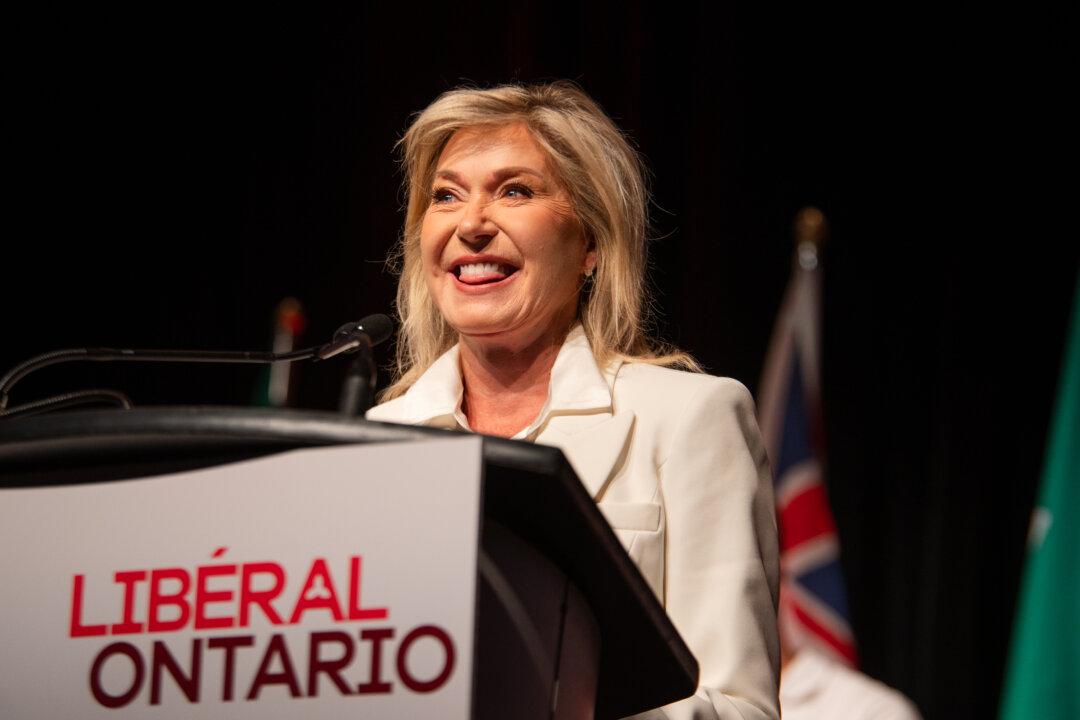OTTAWA—The Liberals are putting some water in their parliamentary wine, but their political rivals argue they are still forcing the opposition parties to drink it.
“It’s very clear that the Liberal arrogance and the plans that they have are not going away,” Opposition House leader Candice Bergen said.
“They are taking this several notches further and making this even more of an untenable situation for us.”
The federal government took a big step back on its plans to change the ins and outs of parliamentary procedure, abandoning some of the more contentious reforms it had been proposing—changes that have had Conservative and NDP critics up in arms for weeks.
They are still, however, going ahead with other changes, including having the prime minister deliver all the responses in one question period each week.
And since the Liberals promised these changes in their 2015 election campaign, they are going to push them through even if they can’t bring the opposition parties on side.
“We will continue to move ahead with the specific commitments from our campaign platform, all of which will make the government more accountable, not less,” government House leader Bardish Chagger said May 1.
Chagger also said the Liberals are determined to actually change the rules—rather than simply their own practices—so that future governments have to follow suit.





